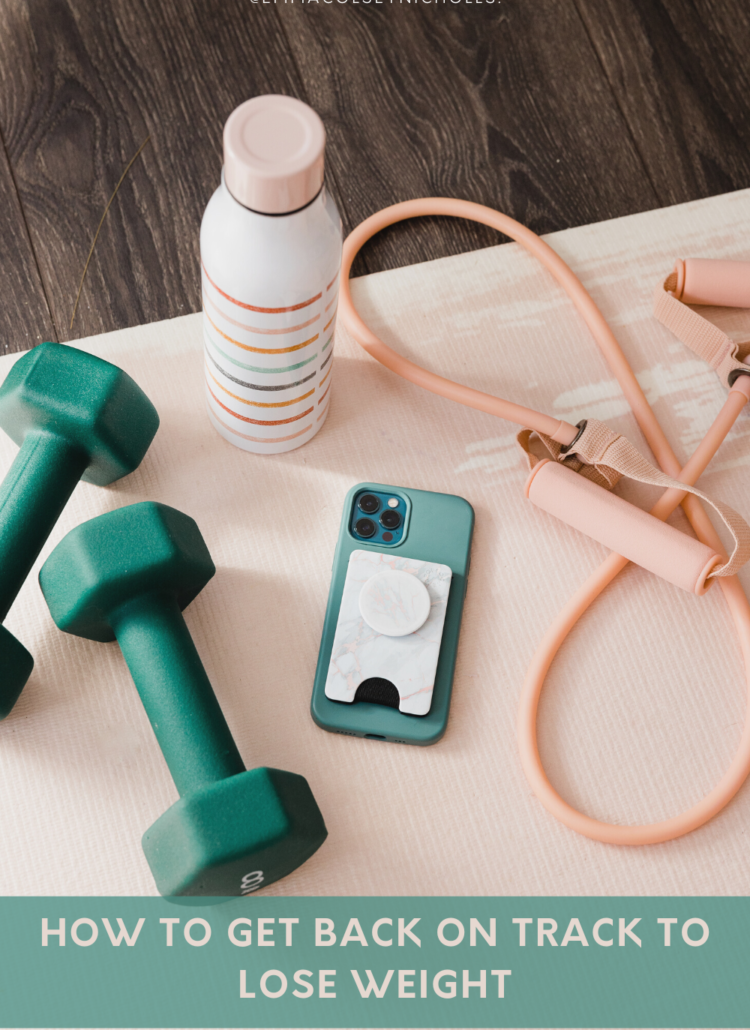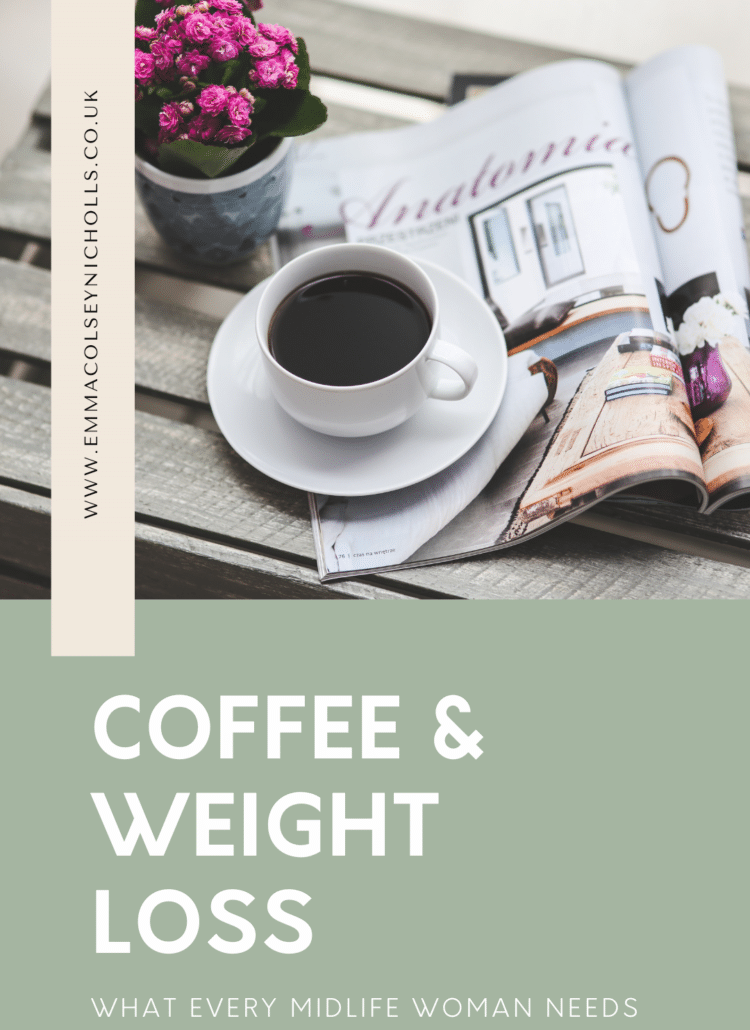The Truth About Collagen For Women Over 40
I’m not sure if it’s because I have just hit that certain age milestone (yes I tipped into the 40th decade of my existence and am officially midlife) or if it’s the latest supplement that is ‘on trend’ right now? But I’m hearing so many women talk about collagen supplements with its promises of eternal youth.
Whilst I feel I have always had really good skin, I put this to always being mindful of eating a good balanced diet of whole foods, drinking a lot of water and a generous dose of good skin genetics (thanks mum). I have steered away from Botox or fillers, I also have fair hair and so sunbathing was never my thing.

Me (41) and my Mum I’m not sure she will be happy about putting her age on the internet, but she is 70 and looks amazing in my opinion. Genetics certainly help!
But there is no denying I want to my skin looking as youthful as possible for as long as possible. I have recently started to notice darker circles under my eyes, that don’t seem to shift no matter how much sleep I get. Skin is dryer that ever, especially on my hands and I want to keep wrinkles at bay. Only the other week my child kindly told me I don’t look old, only my hands do, lol.
And if there is anything I can do on route to support that… then I want to know about it!!
I have a few tools that I’m using in this, I suppose it’s a bit of a skin health series, so if you are interested in how best to maintain your skin then make sure you are subscribed as there is more to come on this topic.
You can also check out my previous article on Hair Regrowth Using Rosemary Oil HERE
Understanding Collagen
Collagen makes up 30% of the body’s total protein content. But as we age, we experience a reduction in collagen synthesis causing dehydration of the skin, less elasticity and thickness of skin and this usually starts to happen around the age of 30.
This can impact the plumpness and vibrancy of the skin, wrinkles, but also the ability of our skin to heal. Sun damage is also incredibly destructive to skin collagen production, so make sure you wear your sunscreen ladies!
Collagen supplements claim to promote skin elasticity and help support bones, connective tissue, hair, nails and even gut health.
But with all of the hype around this supplement, what many women (myself included) want to know is…is it worth the hype, the expense, and does it actually make a difference?
In this article, I wanted to dive a little deeper into the benefits, look at what the science says and also discover which products are worth the money.
Collagen is the most abundant protein in the body and it’s structure is used to make up the skin, hair, nails and connective tissue.
Collagen supplements are mostly derived from animal connective tissue and so are not for our vegetarian and vegan friends.
As we humans age, we start to produce less of it and its production is further decreased by things such a sun damage, smoking, alcohol, lack of sleep and exercise all impact it’s production. Yes, you read that right. Exercise helps your skin too.
It’s important to understand that supporting natural collagen production will always come down to practising good health habits first and foremost.
If you treat your body and fill it with poor quality foods, smoke and drink like a trooper, then no collagen supplement in the world is going to save you from looking like a shrivelled-up old hag.
Sorry, but truths!
So if you want better looking skin, clean up your eating and lifestyle habits first and foremost!
Need help with that? I got you, CLICK HERE to access my free 5 Day Kickstart challenge that will guide you through the bases of the 5 health habits women over 40 ALL need to start doing now!
But as we look for supplements that can support our health and fitness efforts here is what the research says so far.
Benefits Of Collagen
Collagen And Skin Health
Skin health seems to be one of the most common areas of research and the amount of studies is now fairly varied and growing. Many women have a keen interest in wanting their skin to look as good as possible and for as long as possible many companies are invested in carrying out this type of research.
In the world of beauty, there is money to be made in the elixir of eternal youth so it is always important to check who the studies are funded by when doing your own research.
But it’s not just about cosmetics and the way you look, the role of collagen also plays an important part in the healing of skin and connective tissue.
I actually first started taking collagen after severely rolling my ankle during a trail race and causing some tissue damage. So I started taking it to help promote the healing of my ankle. Studies have been showing positive results when it comes to helping hospitalised elders heal after surgeries and so supporting the evidence that collagen can help with tissue repair.
There have been a couple of meta-analysis study reviews. This is where researchers looked all of the existing studies using hydrolyzed collagen supplements for skin. One in 2021 and then another in 2023 and both review studies came back showing positive results that collagen can help to improve skin elasticity and hydration meaning they showed fewer signs of wrinkles and ageing.
Some studies have also looked into the mechanisms and it has been shown that collagen can be localised to the skin when taken, and one study I found also showed positive signs in reducing the appearance of cellulite.
Whilst cellulite is completely common and normal in women, about 85% of women note the appearance of it. I think any woman will agree that we would like to be able to see less of it, so this is another win in my eyes for the use of collagen.
Both meta-studies that looked at the existing literature state that ‘despite the generally positive results in many studies, some of the studies do have limitations’
Some studies used products that also contained other ingredients such as hyaluronic acid and vitamin C which are also known to have benefits for the skin. So I feel this is an important consideration when choosing a supplement, which I will touch on in my conclusion.
Another consideration is that these studies do suggest that long-term use seems to be favourable and that maybe the results don’t last once you stop taking it.
It can take 30-90 days to start seeing any difference and it’s not known how long results last for after you stop taking it.
So when considering starting collagen supplementation, is this an investment you are willing to make for the long term?
So more research and larger studies are still required to be more conclusive however the showing signs are generally positive.
Collagen & Joint Health
Joint health is another key area of concern especially with increasing rates of cases of osteoarthritis.
There are growing studies showing that some collagen types are able to be localised in joint tissue and shown to inhibit inflammation and tissue breakdown.
The studies have highlighted the benefits of collagen being localised in joint tissue and may be supportive to the preservation of cartilage structure. Reporting a reduction in pain and improvement in joint function.
Once again, we see the same issues arise in the inconsistency of results due to various methodologies, varying collagen sources, a combination of ingredients and small study sizes, despite reporting partially positive results.
So once again it ‘seems’ to show improvements, yet we can’t be conclusive.
Collagen & Bone Strength
This an important topic especially for us mid-life women, and so positive outcomes are apparent in the current research that collagen can support bone and mineral density.
Once menopausal women stop producing estrogen we can see a decrease in bone density. 1 in 10 women may be faced with osteoporosis over the age of 60 and so it’s an area of concern for many women.
One study I found showed that collagen peptides when combined with resistance training improved both muscle mass and bone density in this study. Again lots of positive signs for this supplemt.
Collagen Muscle Growth, Fitness & Weight Loss
I’m often asked if collagen helps with weight loss. Whilst it’s not a supplement that would help specifically with weight loss it shouldn’t be discounted as an aid to your fitness and weight loss journey
A 2019 study found that collagen when combined with strength training found a significant increase in muscle strength and reduction in Fat-Free Mass (also known as fat loss).
So collagen could be a supportive supplement for your strength and weight loss goals too. We need to look into the mechanisms that support the weight loss, though it could possibly be linked with the next area of gut health.
Does Collagen Help With Gut Health?
Gut health is another area of interest, as claims are being made that it may help support the maintenance of good gut health.
Collagen is rich in amino acids that support the integrity of the gut wall.
A common cause of gut health issues is known as leaky gut syndrome. This is when the lining of the gut wall becomes permeable and thighs that aren’t meant to be outside of the gut lining can end up out in the system causing inflammation and irritation during digestion of foods.
We have already looked at collagens’ ability to support tissue repair and so preventing or repairing that permeability and making it stronger.
Once again we come up against the issue of limited evidence due to small study sizes. One study showed that 93% of participants experienced a reduction in digestive issues including bloating after taking a collagen supplement.
It has been linked with other gut health benefits such as improving gut microbiome, supporting digestion, and hydration to reducing gut inflammation.
Bovine V’s Marine Collagen
Now looking at where the collagen comes from is an area that seems to be still open for discussion.
When looking at which source is best, it should be considered that they are different.
Bovine (from beef/cow) is a type 1 and 111 collagen. Known to help joint health, recovery, muscle, gut health and hair and nails.
Marine collagen made from scales, bones and tissues of marine animals and only has type 1 collagen that is more linked to skin hair and nails.
Marine collagen is thought to be cheaper to produce and more sustainable but it doesn’t contain that type 111 collagen that is supportive to muscles, joints and connective tissue.
Some studies have shown that marine collagen is more easily absorbed as it has a smaller molecule size.
However, there are concerns of microplastics ending up in the collagen source. I have not found any studies or evidence that would support this in my extensive Google search on the subject. If you do know of some please do send them over.
And you could say this with any marine animal, so if you already eat fish I’m not sure that this is a huge concern that should sway your decision.
So marine collagen is an option for those who do not want to consume beef for their own personal or religious reasons.
Bovine also does offer a more complete collagen and would be my preferred source.
So Is It Worth Taking A Collagen Supplement
Although the evidence isn’t exactly conclusive, it does however look promising across many areas.
If you have the financial resources to invest in a collagen supplement the evidence is starting to mount, it could be a worthwhile supplement for people who want to maintain their health and support longevity, healthy bones joints and of course less wrinkles.
As there is also growing evidence of the benefits of additions such as hyaluronic acid ( I know you have already heard about that on some Loreal advert) and also vitamin C for skin health I am choosing to opt for beauty collagen from a Bovine source as my personal preference.
I have been using and enjoying the Proto-col (get 15% off when you use my affiliate link and the code EMMACOLSEY15 at checkout) but the My Protein also has great and affordable options.
Whilst collagen is deemed safe for the majority of people if you have allergies, are taking medication, are pregnant or breastfeeding you should always check with a medical practitioner before taking any supplement. This is NOT medical advice, I am not a doctor. I am simply sharing the information that I have found. Always speak with a medical professional if you have concerns.
Best Collagen Supplements UK
(**Note that these may be affiliate links. This just means that I may make a small commission should you choose to purchase using these links but at no extra cost to you. Using affiliates supports the hours of work that goes into creating these free resources to help support your buying decisions)
I took to my social media channels to find out what brand people are using and did a little research to check out the ingredients and give you my best choices in terms of ingredients and cost
- My Protein – £34.49 but is currently showing at £13.10 for 30 x 20g servings (600g) 100% Hydrolysed Bovine Collagen Peptide (100%) (for the non flavoured)
- My Protein Beauty Collagen £23.99 15 servings – Hydrolysed Bovine Collagen Peptides (97%), Vitamin B Complex (Niacin, Pantothenic Acid, Vitamin B6, Vitamin B1, Vitamin B2, Folic Acid, Biotin, Vitamin B12), Sodium Hyaluronate, Vitamin C
- Hunter & Gatherer £28 400g – 100% natural grass fed bovine collagen
- Proto-col – 15 x 30ml serving £49 They have also given me a 15% discount code for my audience using the code EMMACOLSEY15 – Collagen Hydrolysate (bovine origin), agave syrup, citric acid, mixed berry flavour, vitamin C, Hyaluronic Acid, vitamin E. Zinc, Beetroot juice powder, D-Biotin, Vitamin B6, Copper Gluconate
- Vital Proteins 264g – £25 – 100 hydrolyzed bovine collagen peptide from grass fed cows.
I also like to add a collagen creamer to my coffee from time to time, it’s a great way to get that extra protein into your diet in with your morning coffee.
Best Collagen Supplements USA
I really hope you found this article useful and informative. If you know anyone that may also benefit then please do share it as it really supports my work.
If you have any other topics that you would like me to cover in future articles then please do let me know in the comments.







Leave a Reply